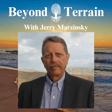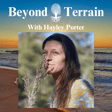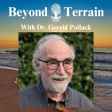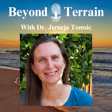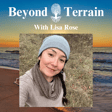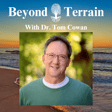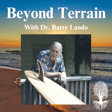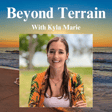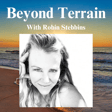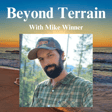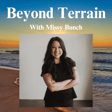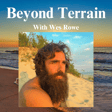
Dr. Mari Arce on Culture, Naturopathy, Putting in the Work, Nocebo, the Mind and much more!
This week we are joined by Dr. Mari Arce! We begin with Dr. Arce's personal journey, providing a glimpse into the path that led her to her current understanding of health. The discussion turns to the concept of the terrain, examining when Dr. Arce first encountered this crucial aspect of health. Distinguishing between nature-opathy and naturopathy, we explore different approaches to natural healing, and nuances about naturopathic school.
We consider the allure of magic pills in comparison to the importance of doing the work. Here we touch on supplements, and the different types. The conversation delves into the power of the mind exploring the placebo and nocebo effects in healing, as well as shamanistic medicine.
We then chat about some specific interventions such as enemas and fasting. Then discussing the practitioner relationship! We finish up with discussing self-care.
I hope you enjoy the episode!
Follow me
https://www.instagram.com/beyond.terrain/
https://linktr.ee/beyondterrain
Support the Vision
https://www.buymeacoffee.com/beyondterrain
ETH: beyondterrain.eth
BTC: bc1qqwc470ktgj3l4myqxr5hq67rnlqys0qm98u6f0
Support and Learn from Dr. Mari Arce
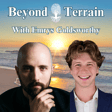
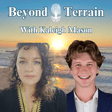
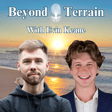
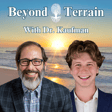
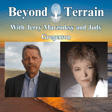
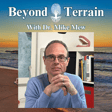
![DNA Doesn't Exist & Genomic Nonsense with Dr. Jerneja Tomsic [Part 2] image](https://media.zencastr.com/cdn-cgi/image/width=112,quality=85/image-files/652933f3a749dc383eb375de/ce5a5fd9-98c9-44fe-9b4b-3d0cd5abcf29.png)
